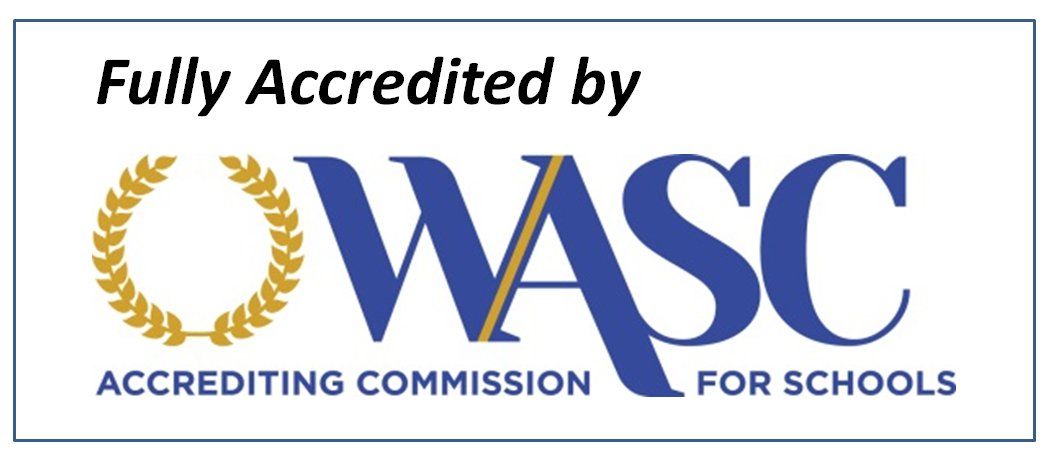Advantages of multilingualism at El Altillo
As we know, at ISP our common goal is for our students to develop social and academic competences in at least one additional language in an environment where their mother tongue is valued and supported. This is no easy task, especially as many schools choose to add at least one other language (in addition to their mother tongue and English) to their curriculum. In addition to this task, at our International School in Cadiz we have encountered a growing population of international students who need a strong EAL-ILA and Multilingualism programme in order to meet their emotional and cultural needs as well as their language skills.
We know, as many studies have shown, that multilingual pupils show greater reading, writing and analytical skills than their monolingual peers. This is clearly a benefit for any child in the globalised world in which we live. Knowing that we have the opportunity to achieve all of these things means that our approach to multilingualism is really important and needs to be clear, and that all stakeholders need to be aware of their role and how best to embrace it.
Using the ‘Roadmaps’ tool provided by PSI to reflect on where we are currently within our school community in terms of EAL and what we need to improve has been an eye-opener. It has meant reflecting, formalising ideas and thoughts and creating an action plan that will, over time, grow with our students, our staff and our families to meet the needs of all. Knowledge sharing between departments is crucial and teaching methods need to be regularly reviewed and updated. Moreover, bearing in mind that multilinguals can sometimes struggle to make themselves understood emotionally due to the semantics of juggling different languages and cultural contexts, we understand the importance of providing a space that welcomes mistakes, misunderstandings, patience and open communication so that everyone feels understood and can thrive.
There is no doubt that multilingualism opens minds, strengthens skills and breaks down cultural barriers through understanding. As Nelson Mandela once said: “If you speak to a man in a language he understands, it goes to his head. If you speak to him in his language, it goes to his heart”.











